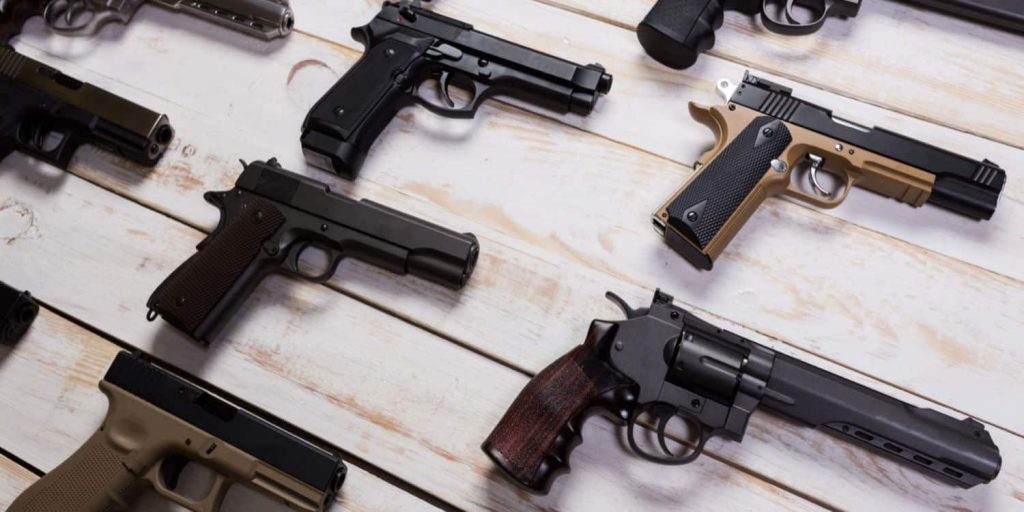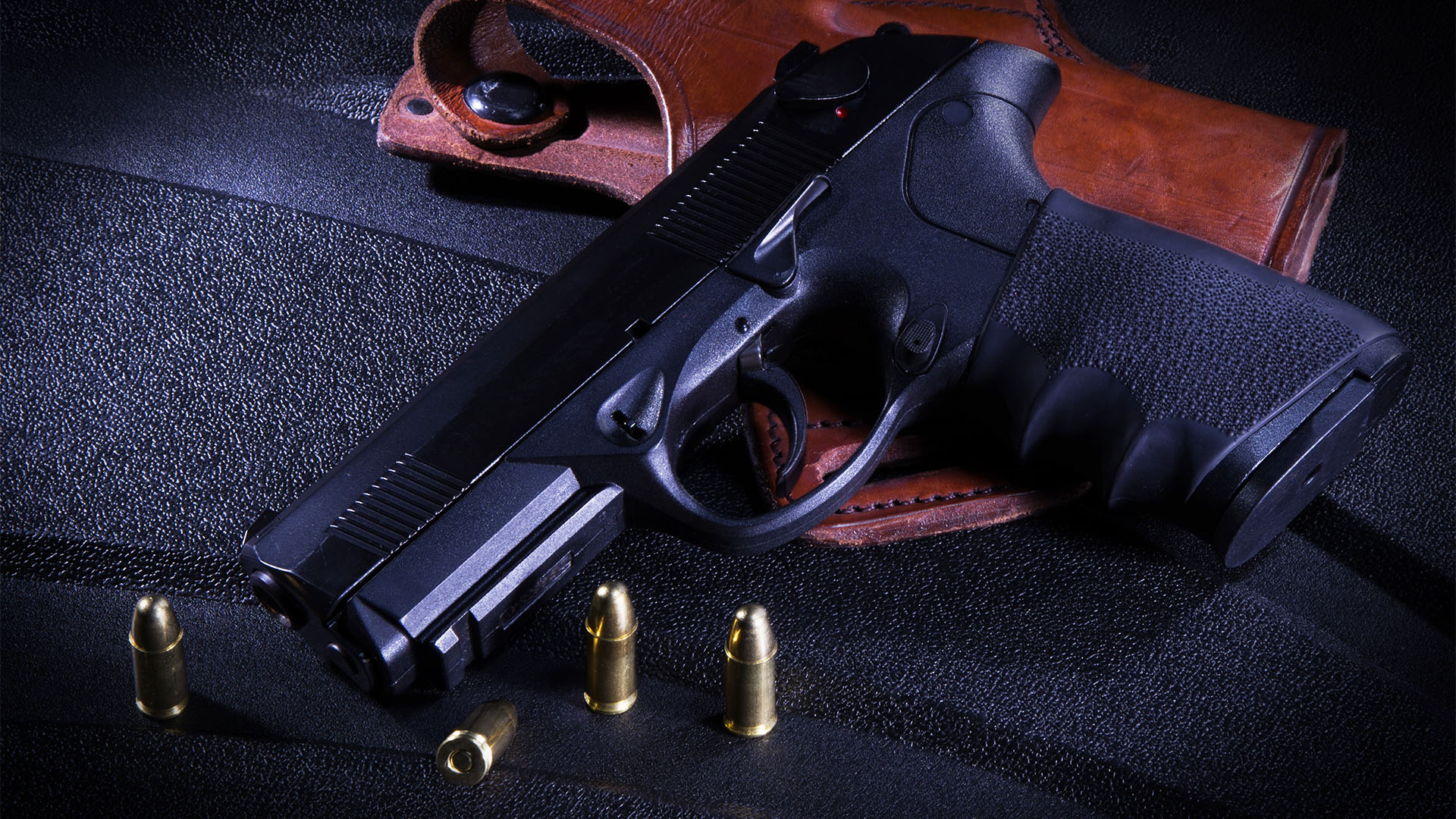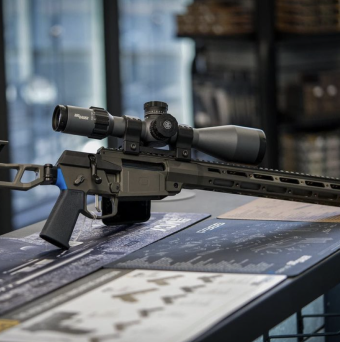If you’ve ever purchased a gun online, you have probably heard of Federal Firearm Licensee (FFL) transfers. This is a necessary process to receive a firearm after an online purchase. It’s important to understand how this process works so you know what to expect.
Note that this article is for informational purposes only, and does not constitute legal advice. If you have any legal questions regarding an FFL transfer, consult with an attorney.
What is an FFL?
To understand what FFL transfers are, you’ll need to know what FFLs are. This acronym stands for Federal Firearm Licensee in the context of transfers, but can also stand for Federal Firearm License. This is required for a business to sell and ship guns in the United States, and there are various types of licenses that allow the sale and shipment of different types of weapons, such as National Firearms Act (NFA) regulated items.
Why are FFL Transfers Necessary?
In the United States, guns can only ship between FFLs. This is because there are specific requirements for background checks and identification when purchasing a firearm. If a gun were simply shipped from an online retailer to your door, it wouldn’t be possible to complete this verification. It would also leave the weapon vulnerable to being stolen. An FFL transfer ensures the gun is secure and all legal requirements for the transfer are met.
How to Complete an FFL Transfer
If you purchase a gun online and need to transfer it, your first step is to contact an FFL. It’s important to arrange the process ahead of time so no one is surprised or confused by a purchase showing up.
Next, the FFL you are shipping to will need to fax or email a copy of their license to the party you purchased the gun from.
When the gun shows up at the FFL’s shop, they will log it into their inventory and inform you when the item is ready for you to pick up. At this time, you’ll need to come in and complete all necessary background check paperwork, just as you would if you purchased the firearm in person. You will also need to pay the transfer fee and any applicable state fees or taxes.
What About NFA Items?
Since NFA items are more regulated than a typical firearm, you need to be aware of the rules for FFL transfers involving them. First and foremost, you’ll need to make sure you complete the transfer through a dealer who is licensed for NFA items. This is known as a Class 3 License. You’ll also need to fill out additional paperwork and pay the tax stamp to receive the item. Most FFLs will charge more for these types of transfers since there is more paperwork on their side.
FFL Transfers at The Hub
If you need to transfer a firearm you purchased online through a licensed dealer, The Hub can help. All of our locations offer FFL transfers, and you can start the process online in just a few simple steps. If you don’t want to go through the process of a transfer, we also have an extensive selection of firearms at our stores, including NFA items.












